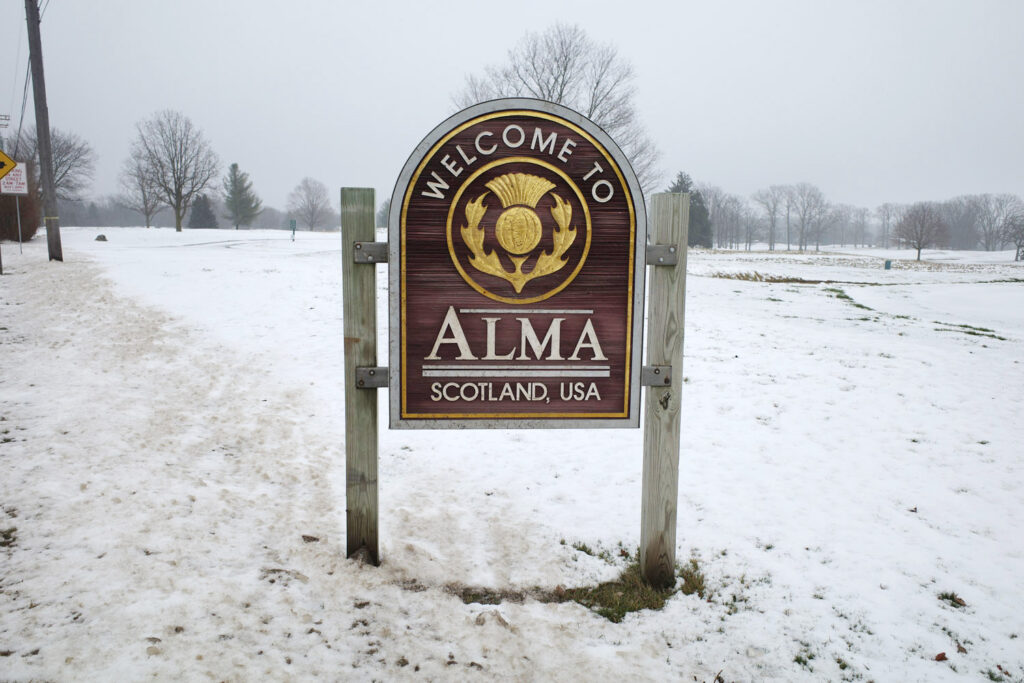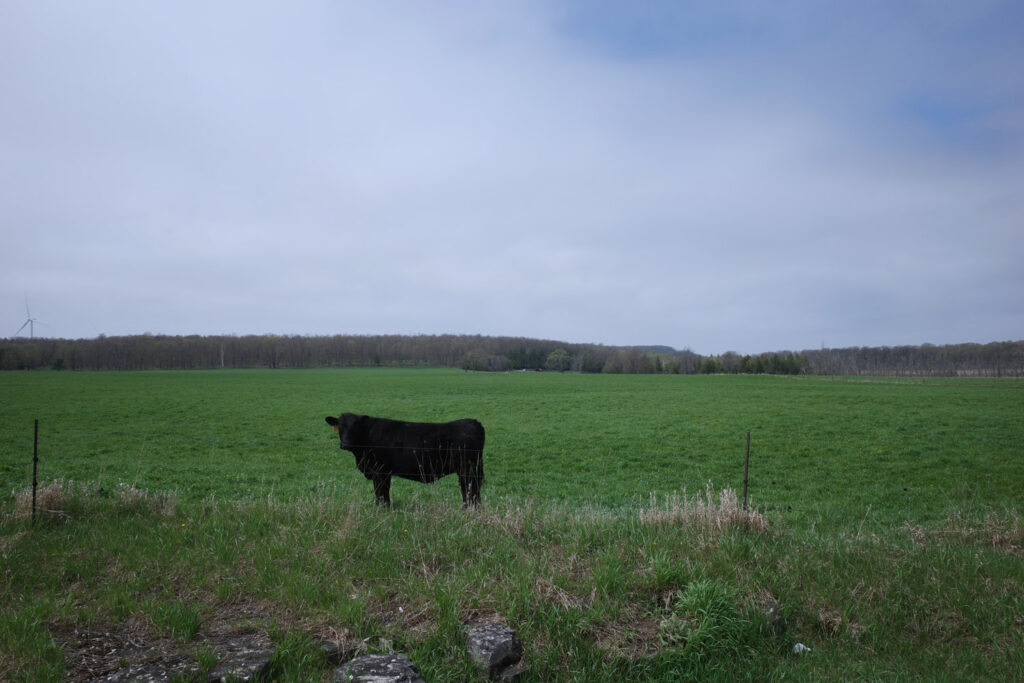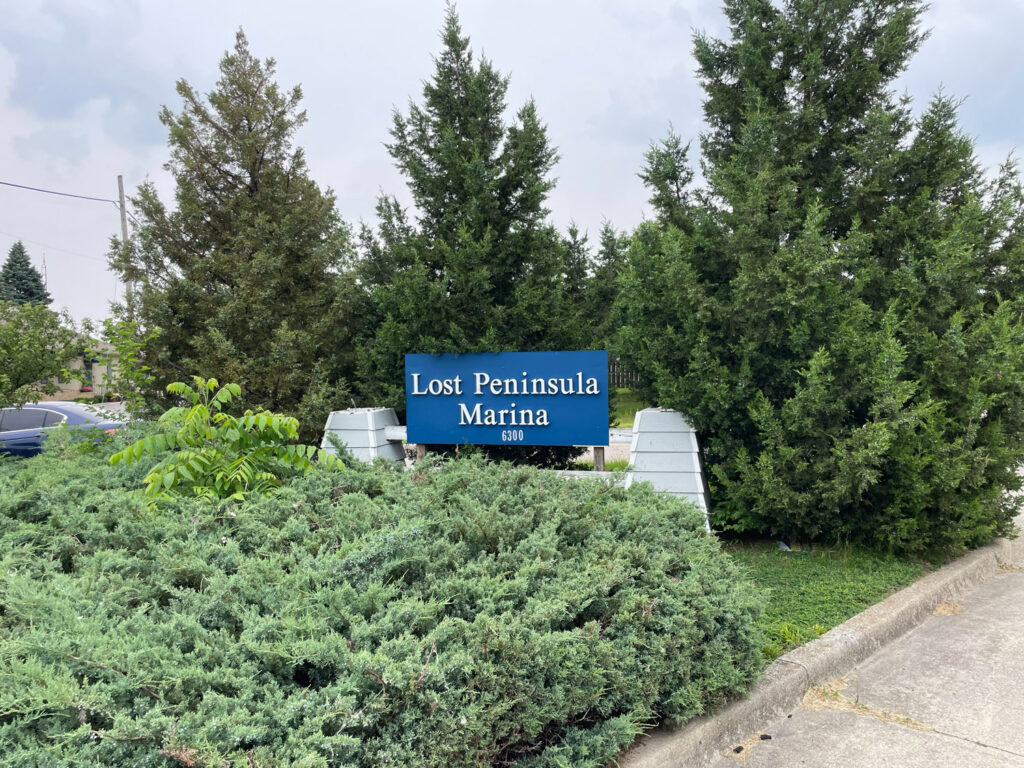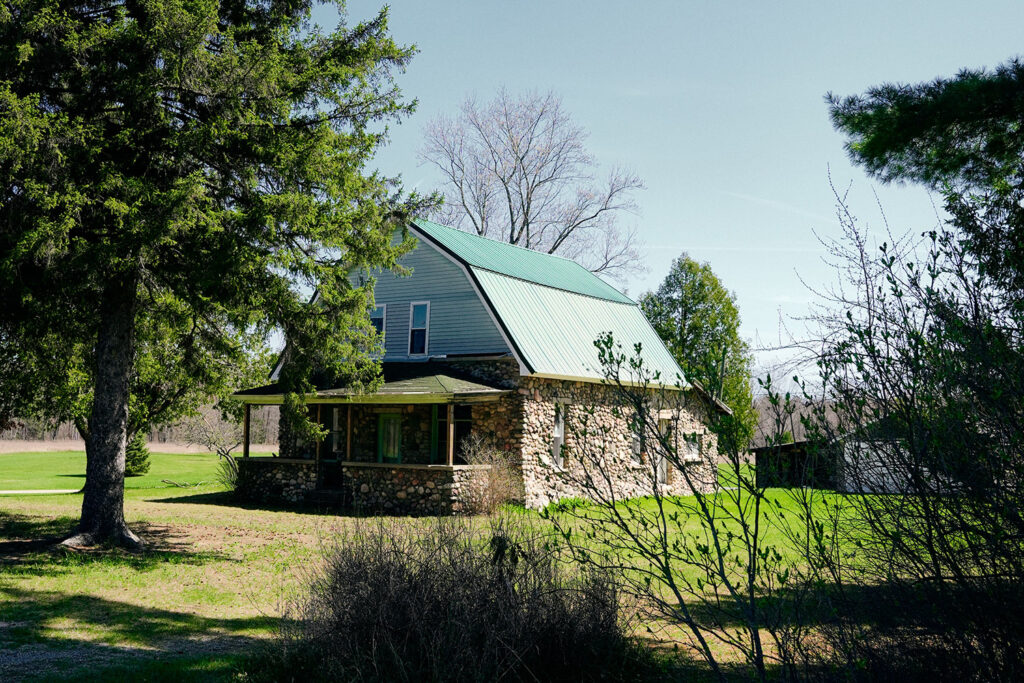Alma — The area around the campus of Alma College is alive, even though it’s the weekend after Christmas and most of the students are home for the holidays. Downtown looks, dare I say it, normal. Open businesses in every storefront. A thriving small town in Michigan with charm and personality.
The average out-of-towner driving through might not feel this is remarkable, but rest assured, it’s a good sign for Alma and for Michigan.
In winter 2021, I was in Alma for an investigation that went on for weeks. I was stunned by what I saw. The downtown area was almost barren. The storefronts had “For Lease” signs in the windows. Alma appeared to be dying a quick death before my eyes.
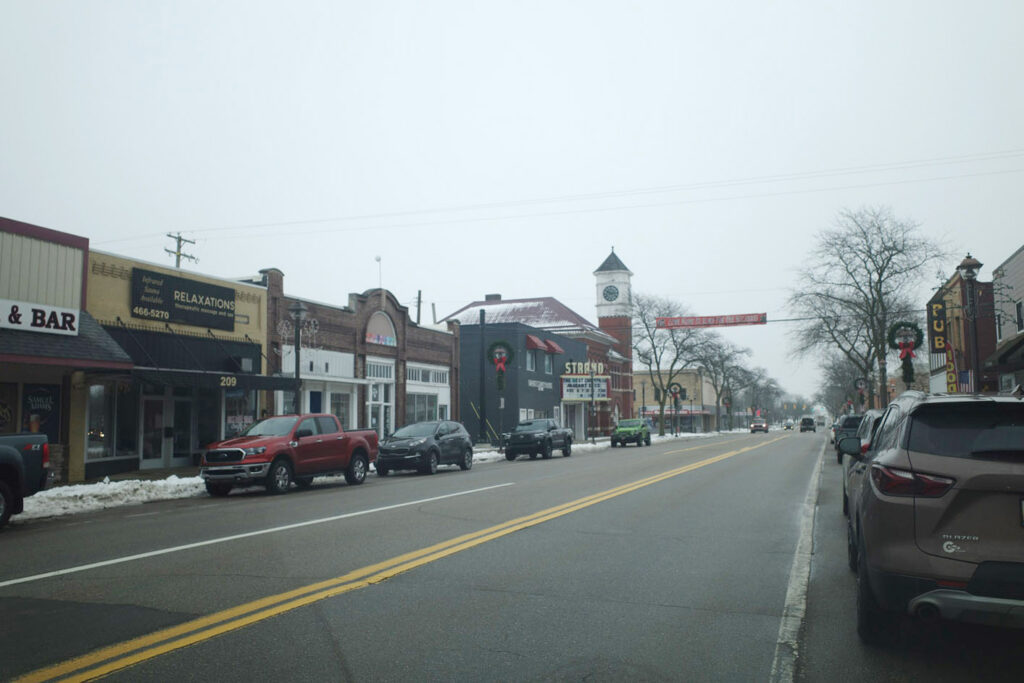
I wondered if the area could ever rebound. The decline mirrored larger urban areas, but seemed to happen faster here.
This town is close to my heart. A two-hour drive from Detroit, its famous Highland Games festival is a regular memorial weekend tradition for Michigan residents of Scottish descent, and I went with my Scottish dad every summer during my youth to feel the electricity of our heritage.
Alma’s special association to the Scottish-American diaspora seemed to bring my dad an uncommon level of joy. A sense of coming home, albeit in the form of nostalgia, seemed to wash over him as a post-war immigrant. This town helped him remember who he was in his heart.
Alma’s Scottish traditions tie closely to Alma College, a private Presbyterian liberal arts college founded in 1886. The Division III school plays under the banner of “The Scots,” with their kilt-wearing mustachioed mascot “Scotty.”
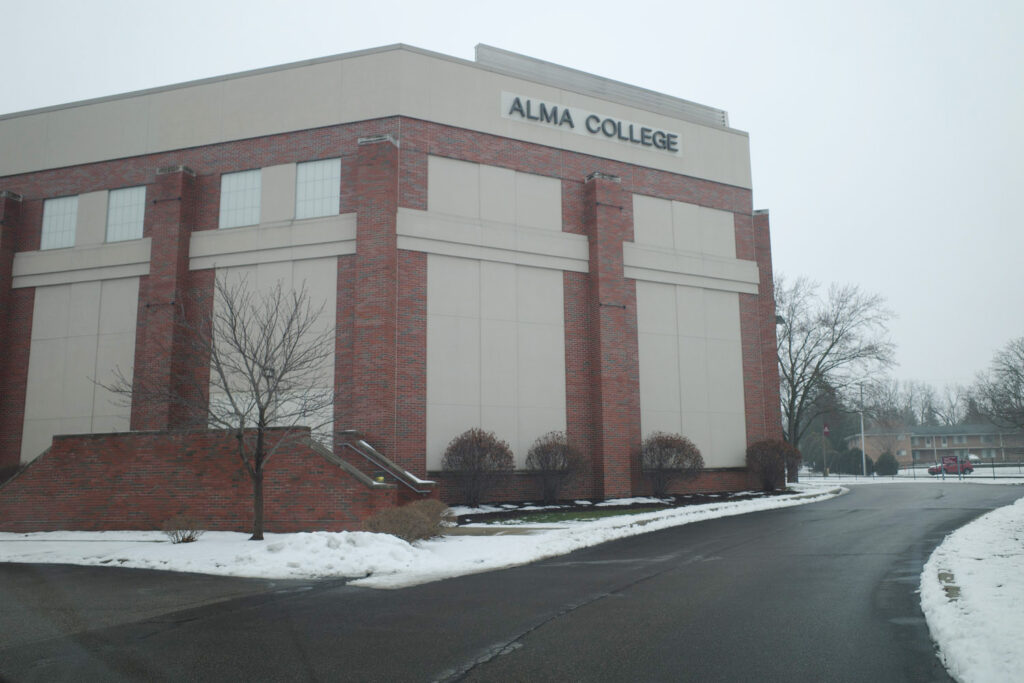
A small working-class city of fewer than 10,000 residents, Alma could be classified as Main Street, U.S.A. Quiet, walkable, Rockwellian. Downtown has a small theater, cafes, and small specialty stores, which no longer exist in suburbs taken over by big box stores. A shoe store in the heart of main street is literally called “The Cobbler.”
All of this was a distant memory after Covid. Alma had become a remnant. The smell of weed hung like fog in the air of gas station parking lots. Able-bodied adult men hung out in the abandoned parking lots near the Pine River. I saw looks of hopelessness.
My work in the area involved the coordination of local authorities, who told me about the rise of meth and opioid usage in the area, specifically in the local mobile home parks, where they responded to repeated calls for domestic disturbances and drug-related issues. A leasing agent for several properties lamented the quick turnover of residents, the damage left from middle-of-the-night departures, and the constant complaints of suspected drug use and trafficking.
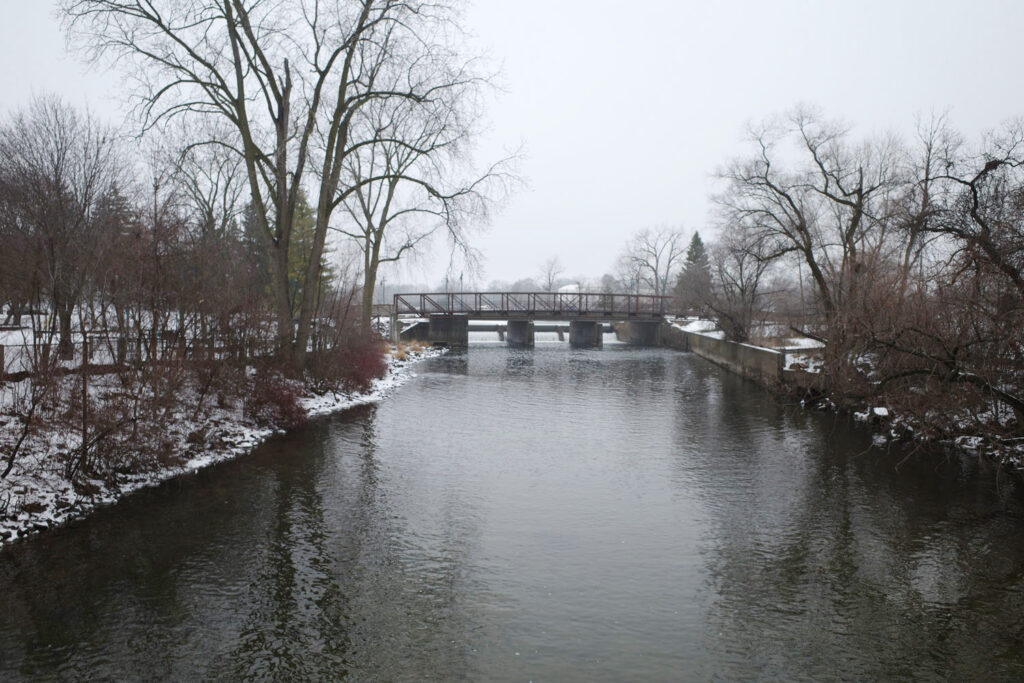
Though serious decline was self-evident, the gears of Alma’s manufacturing sector continued to turn in 2021. An employee of Aludyne, an aluminum die casting company, told me, “We’re still going. We never stopped.”
Three years later, a remarkable return to normal has occurred. No trace of the aforementioned decline remotely exists. One might say the pandemic has been memory-holed.
This economic rebound also appears organic, and without the various tell-tale signs of cultural decline that creeps into rural Michigan communities attempting to stay alive. Missing are the dollar stores, cannabis dispensaries, pawnshops, and plasma donation centers that often spring up in distressed areas.
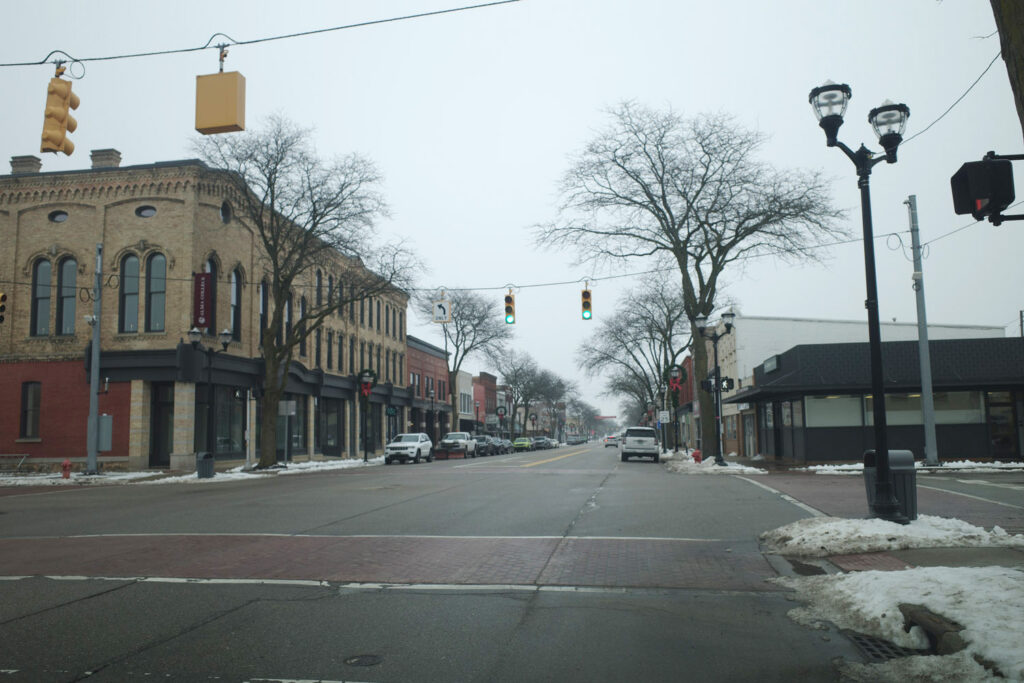
Alma’s downtown is littered with small, independent businesses and boutiques. Book stores, breweries, a bicycle shop, inns, a dinner theater, a vinyl record shop, and yes, even a Starbucks—this is a college town, after all.
Michigan has done a good job clawing its way out of the pandemic and weathering the last four years of record-high inflation, but as an investigator that’s traveled every trail, road, freeway, and bike path in this state, I’m aware of the cracks in the façade. I see the lingering effects of our struggles.
But my concern evaporates into optimism driving through Alma. Adversity hit this town like a hard bodycheck in the corner. Alma fell to its knees, but found its bearings, got one leg back up, managed to get back on its feet, and quickly jumped back into the game.
J.Z. Delorean is a writer for Michigan Enjoyer and has been a Metro Detroit-based professional investigator for 22 years. Follow him on X @Stainless31.
